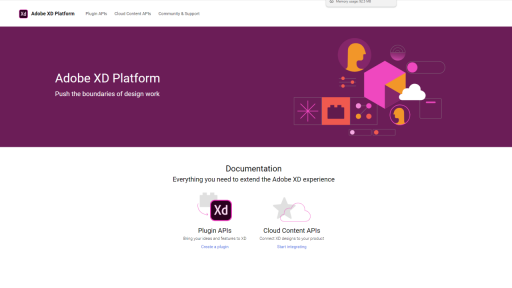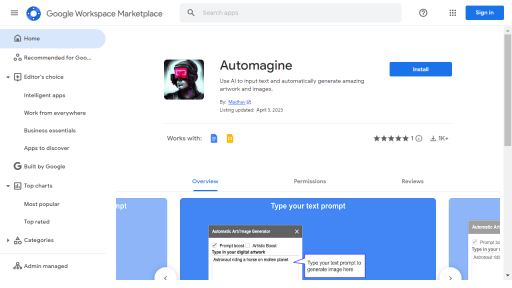What is Decoherence?
Decoherence is an advanced software tool designed to analyze and simulate quantum systems, focusing on the phenomenon of quantum decoherence. This process describes how quantum systems lose their quantum properties when interacting with their environment, leading to the classical behavior we observe in macroscopic objects. By utilizing mathematical models and algorithms, Decoherence helps researchers and scientists understand the transition from quantum to classical mechanics, which is crucial for fields such as quantum computing, quantum cryptography, and fundamental physics. The tool offers a user-friendly interface that allows users to input parameters related to their specific quantum system and receive detailed simulations and visualizations of decoherence processes. Additionally, it provides analytical tools to study the effects of various environmental factors, making it an invaluable resource for both academic research and practical applications in quantum technology. With Decoherence, users can explore various scenarios, visualize the impact of noise and interference, and understand the implications of decoherence in quantum systems, thereby enhancing their grasp of quantum mechanics and its applications.
Features
- Comprehensive Simulation Capabilities: Model and simulate a wide range of quantum systems under various environmental interactions.
- User-Friendly Interface: Intuitive design that enables users to easily set up simulations without extensive programming knowledge.
- Real-Time Visualizations: Provides dynamic visual representations of quantum states and decoherence effects, enhancing understanding.
- Parameter Sensitivity Analysis: Analyze how changes in environmental parameters affect the decoherence process.
- Integration with Existing Tools: Seamlessly integrates with other quantum modeling and analysis tools for enhanced functionality.
Advantages
- Enhanced Understanding: Helps researchers visualize and comprehend complex quantum phenomena related to decoherence.
- Time-Saving: Automates calculations and visualizations, significantly reducing the time required for analysis.
- Robust Analytical Framework: Provides a solid theoretical basis for understanding decoherence, supporting both novice and expert users.
- Customizable Models: Users can tailor simulations to their specific needs, allowing for highly relevant results.
- Support for Collaboration: Facilitates sharing of simulations and results among researchers, promoting collaborative research efforts.
TL;DR
Decoherence is a simulation tool that helps researchers analyze and visualize the process of quantum decoherence in various quantum systems.
FAQs
What types of quantum systems can I simulate with Decoherence?
Decoherence allows users to simulate various quantum systems, including qubits, quantum harmonic oscillators, and entangled states, among others.
Do I need prior knowledge of quantum mechanics to use Decoherence?
While some basic understanding of quantum mechanics is beneficial, Decoherence is designed to be user-friendly and accessible for users at various experience levels.
Can Decoherence perform real-time simulations?
Yes, Decoherence provides real-time visualizations of the simulation process, allowing users to observe the evolution of quantum states dynamically.
Is Decoherence suitable for educational purposes?
Absolutely! Decoherence is an excellent educational tool for teaching quantum mechanics concepts due to its visualizations and interactive simulations.
Can I share my simulations with others using Decoherence?
Yes, Decoherence supports collaboration by allowing users to export and share their simulation results with colleagues and peers.









